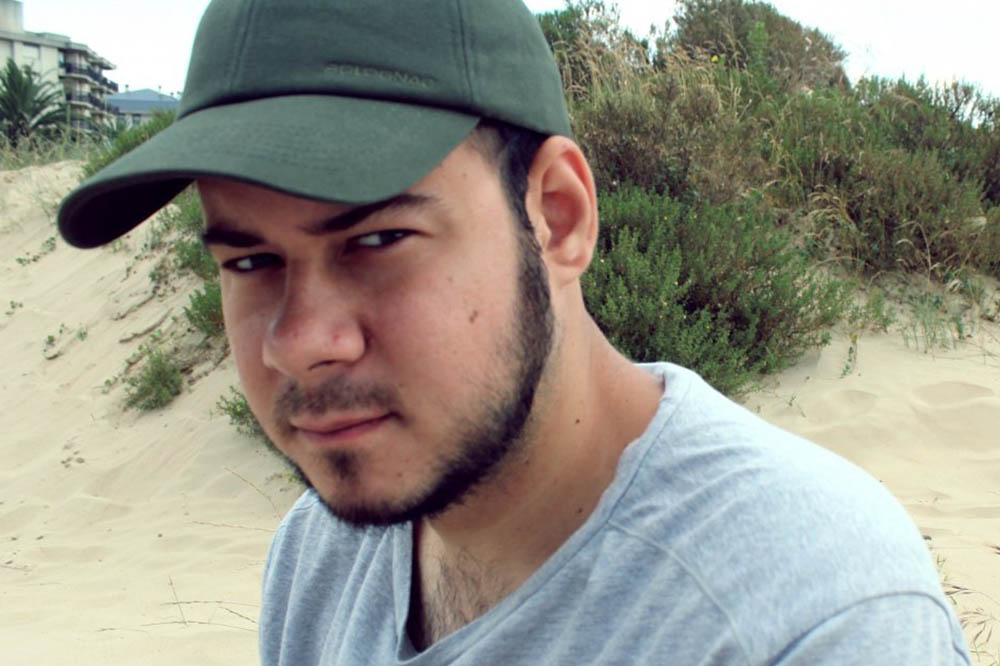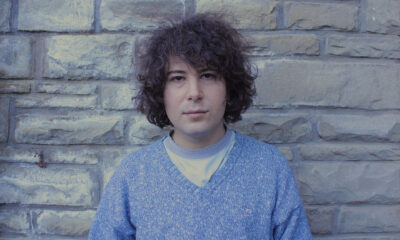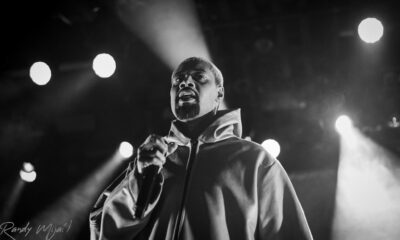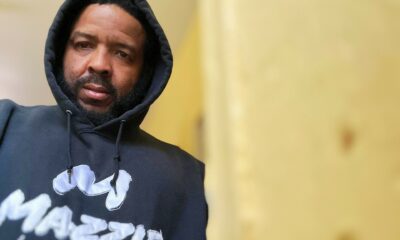Features
Who is PABLO HASÉL and Why is He Facing a Five Year Prison Sentence?
Early last month, Spanish rapper Pablo Hasél received a four year jail sentence and a €24,300 fine from the Spanish National Court. But for what? Find out in our feature on the controversial artist.

Early last month, Spanish rapper Pablo Hasél received a four year jail sentence and a €24,300 fine from the Spanish National Court. Accused of glorifying terrorism and insulting the Spanish monarchy, the sentencing comes at a time of heightened political tension in Spain and Hasél’s native Catalonia. Known for his intense political lyricism, the rapper has a history of generating controversy in the Spanish judicial system.
Pablo Rivadulla Duró was born in Lleida, Catalonia in 1988. Known recently for its independence referendum and ensuing tension, the Catalan autonomous region has a history of political unrest. Catalonia has been a hub for far left ideology since the Spanish Civil War of the 1930s, likely influencing Hasél’s self-proclaimed communist alignment.
The extended “Declaración” video of Pablo Hasél.
According to his WordPress blog, Hasél’s first moment of musical inspiration came at age 11. While watching what he described as an American gangster movie, he heard an emotionally-charged song full of anger and energy. He made his way to the local CD store in search of something that replicated this sound. Several CDs later, Hasél was immersed in the world of what he now understood as hip-hop. After adopting the pen name “Pablo Hasél”, he started recording his own rhymes and uploaded his first demo This is Not a Paradise in 2005, the first of nearly 50 entries in his discography.
Hasél’s legal trouble began in October of 2011 when he was first arrested for allegedly glorifying terrorism. His track “Democracia su puta madre,” translated roughly as “Democracy, His Whore Mother,” was sympathetically dedicated to Manuel Pérez ‘Arenas, the imprisoned leader of the now inactive far-left extremist group GRAPO. Over 200 of Hasél’s supporters marched in the streets of Lleida, further generating support on social media. Hasél was released the following month.
Here’s Hasél’s track “Juan Carlos The Fool”, the anti-monarchy track that lead to further sentencing.
In 2014, Hasél’s legal situation escalated when he received a sentence of two years. The prosecution cited 10 of his songs on his YouTube channel, which apparently gave nods of approval to the long inactive German leftist terror group RAF, the once militant Basque region separatist group ETA, and more Catalan extremist groups. Though he initially dodged the sentencing, the prosecution later proposed a fine of €24,300 and an additional two years after presenting anti-monarchy lyrics in the track “Juan Carlos The Fool,” as well as 64 of his Tweets that allegedly promote terrorism and violence. Insulting the monarchy is considered a criminal offence in Spain.
Last month, Hasél’s trial was concluded with his sentencing of four years, along with an additional year for the unpaid fine. Though the rapper is still active on social media, the coming months will reveal if his case will be upheld. Pablo Hasél’s story is just one of many controversies embedded in Spanish society today. Regardless of his fate, the debate surrounding free expression and regional separatism will continue to make waves in both Spain and Europe as a whole.
Pablo Hasél recounts his detention and impressions.
-

 Alternative/Rock12 hours ago
Alternative/Rock12 hours agoThe V13 Fix #010 w/ High on Fire, NOFX, My Dying Bride and more
-

 Hardcore/Punk1 week ago
Hardcore/Punk1 week agoHastings Beat Punks Kid Kapichi Vent Their Frustrations at Leeds Beckett University [Photos]
-

 Culture1 week ago
Culture1 week agoCirque Du Soleil OVO Takes Leeds Fans on a Unique, Unforgettable Journey [Photos]
-

 Alternative/Rock6 days ago
Alternative/Rock6 days agoA Rejuvenated Dream State are ‘Still Dreaming’ as They Bounce Into Manchester YES [Photos]
-

 Music2 days ago
Music2 days agoReclusive Producer Stumbleine Premieres Beat-Driven New Single “Cinderhaze”
-

 Indie1 week ago
Indie1 week agoMichele Ducci Premieres Bouncy New Single “You Lay the Path by Walking on it”
-

 Culture2 days ago
Culture2 days agoDan Carter & George Miller Chat Foodinati Live, Heavy Metal Charities and Pre-Gig Meals
-

 Alternative/Rock1 week ago
Alternative/Rock1 week agoWilliam Edward Thompson Premieres His Stripped-Down “Sleep Test” Music Video
















